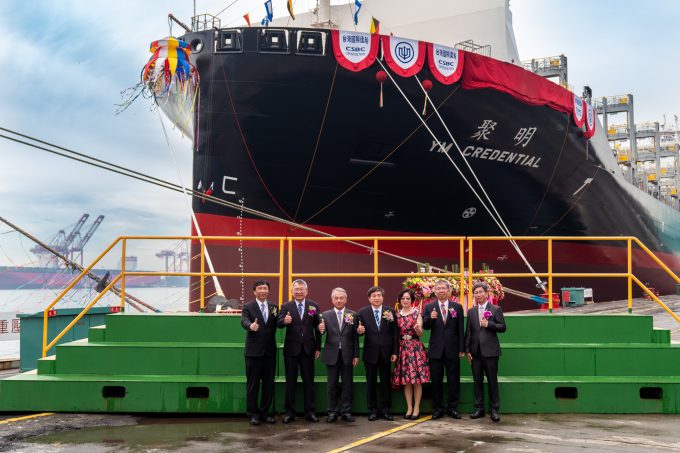ONE opts for South Korean newbuilds to avoid hefty US port fees
Faced with hefty US port fees for Chinese-built box ships, ONE is in discussions with ...

Taiwanese liner operator Yang Ming plans to order more 15,000 teu ships and feeder vessels, in expectation of the strong demand for container shipping continuing.
The company also plans to add 70,000 containers to its fleet, with 40,000 ordered last year to be delivered this month. Tenders ...


Comment on this article